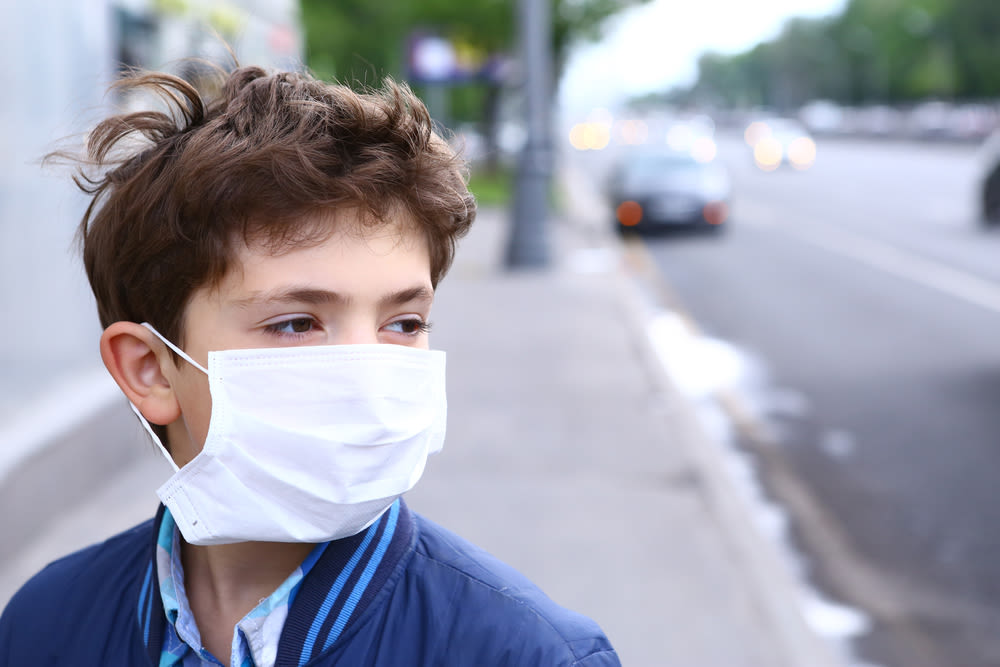The Gorge Is On Fire. Should You Go Outside Today?

If your mask isn't certified to protect against 95-100 percent of particles, it's not helping much.
Image: Shutterstock
First, the good news: according to the National Weather Service Portland, winds near the devastating Eagle Creek Fire switched from east to west early this morning, directing ash fall away from the Portland metro area. The smoke is also expected to slowly clear—although it may be replaced by smoke from fires in Southern Oregon and California.
So, is it safe to go outside today? That really depends on three things: who you are, what you’re doing, and what you’re wearing.
What is the AQI?
Calculated by the Environmental Protection Agency, the Air Quality Index (AQI) reflects levels of both ground-level ozone and airborne particles, using a scale from 0 (good) to 500 (hazardous). Particle pollution is high during wildfires, as reflected by yesterday’s AQI values, which reached nearly 300 (very unhealthy) in the Portland metro area.
Where are you?
As of 9 a.m. Wednesday, most of the Portland metro area is still in the “unhealthy” range, with an AQI of 152–157. (Beaverton is currently at 132—congrats, Beaverton!) When the AQI is unhealthy, everyone is at risk for short-term health effects, including coughing, burning eyes, chest discomfort, and difficulty breathing. In addition, children, older adults, and people with heart and lung disease are at risk for serious side effects, including asthma attacks, bronchitis, and even heart attacks.
What are you doing?
According to the EPA, your chances of being affected by particles increase the longer you are active outdoors, and the more strenuous your activity is. When the AQI is unhealthy, everyone should reduce prolonged or heavy activity outdoors. This includes construction, yard work, biking, and running. (Seriously, why the hell would you go for a run today?) To be safe, children and other at-risk folks should avoid outdoor exertion entirely. Once you're safely indoors, close all your windows and, if possible, turn on an air purifier or air conditioning unit.
What are you wearing?
If your job or commute requires prolonged or heavy exertion outdoors, consider stopping by a hardware store to look for a N95 respirator mask, which filters at least 95 percent of airborne particles. Dust masks, surgical masks, wet towels, and bandanas do not protect small particles from getting into your lungs. (And hey, if you employ a bunch of folks that need to work outside, maybe buy them masks, yeah?)
What else should I know?
For more questions and answers—including what to do when your house is hot and stuffy because you closed your windows due to particle pollution, eep!—check out the Oregon Health Authority's guide to wildfire smoke and your health.




